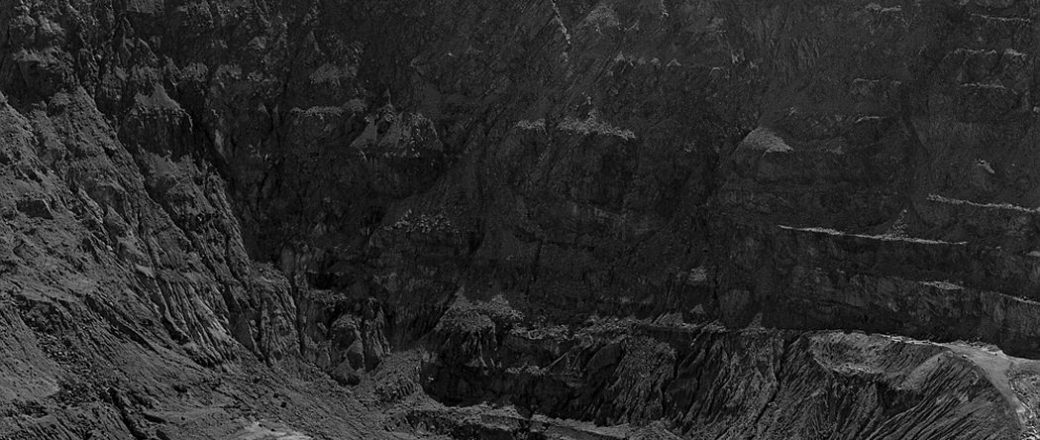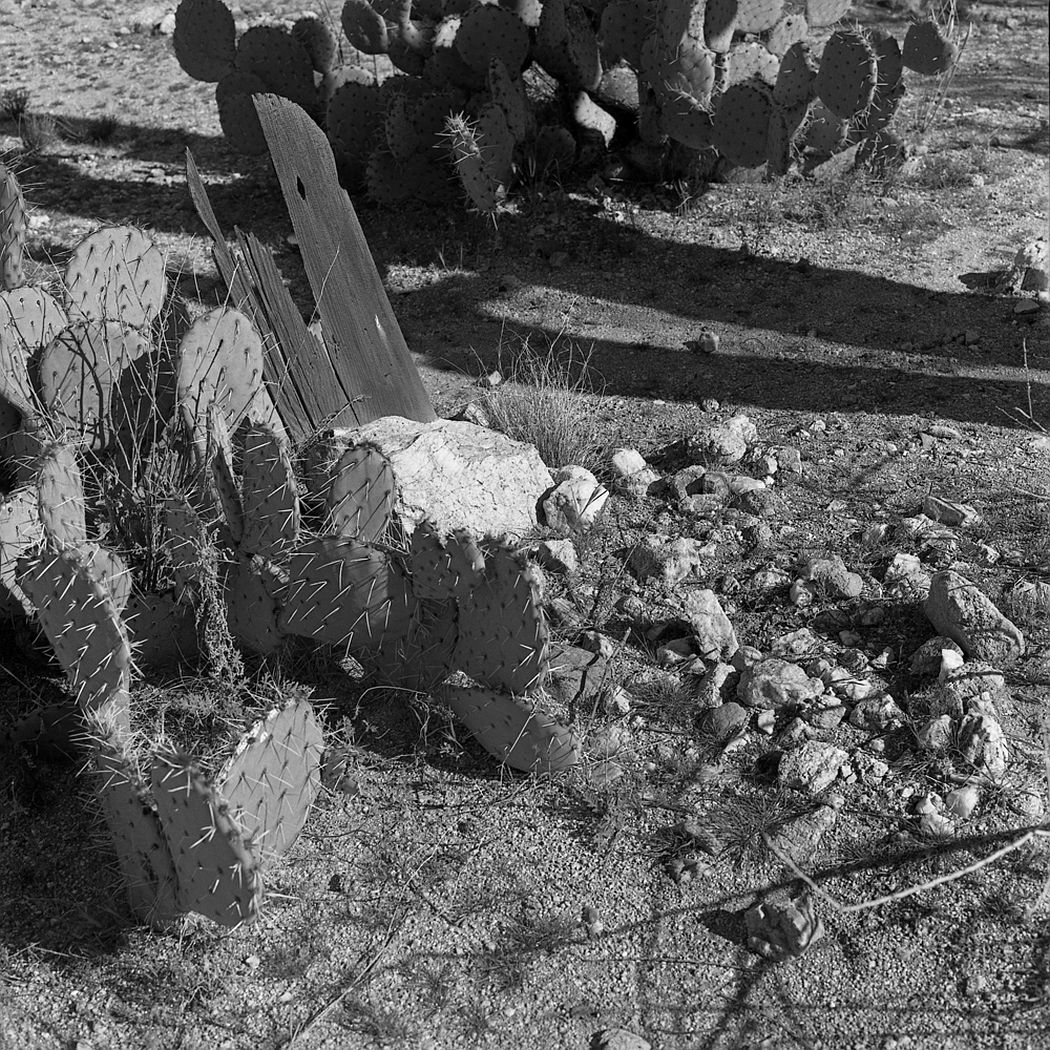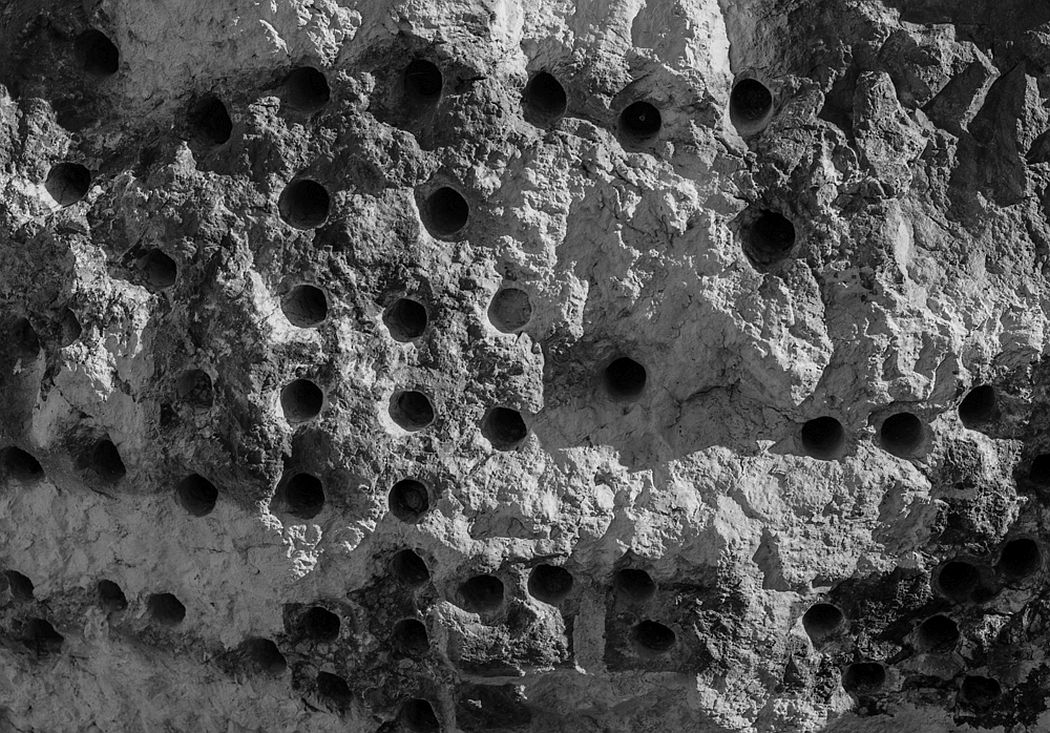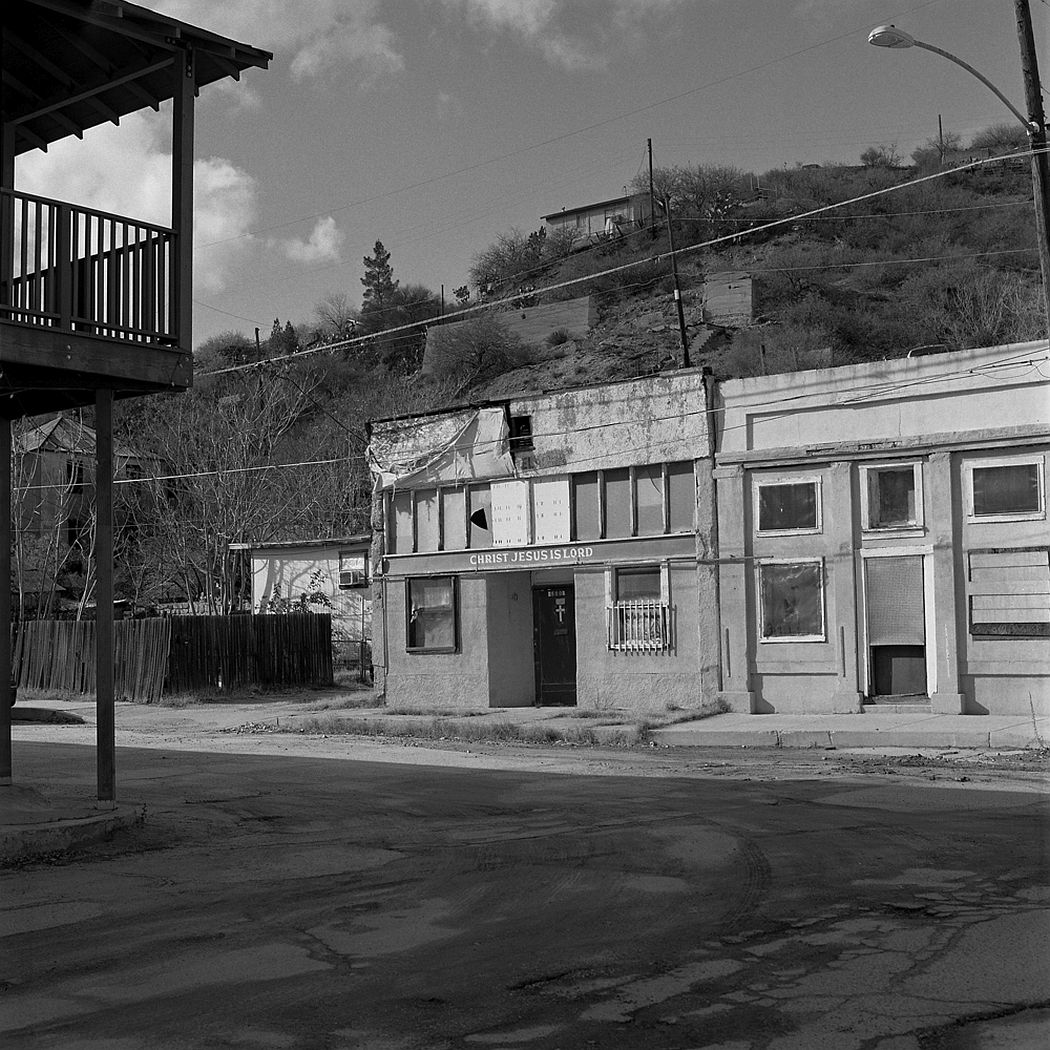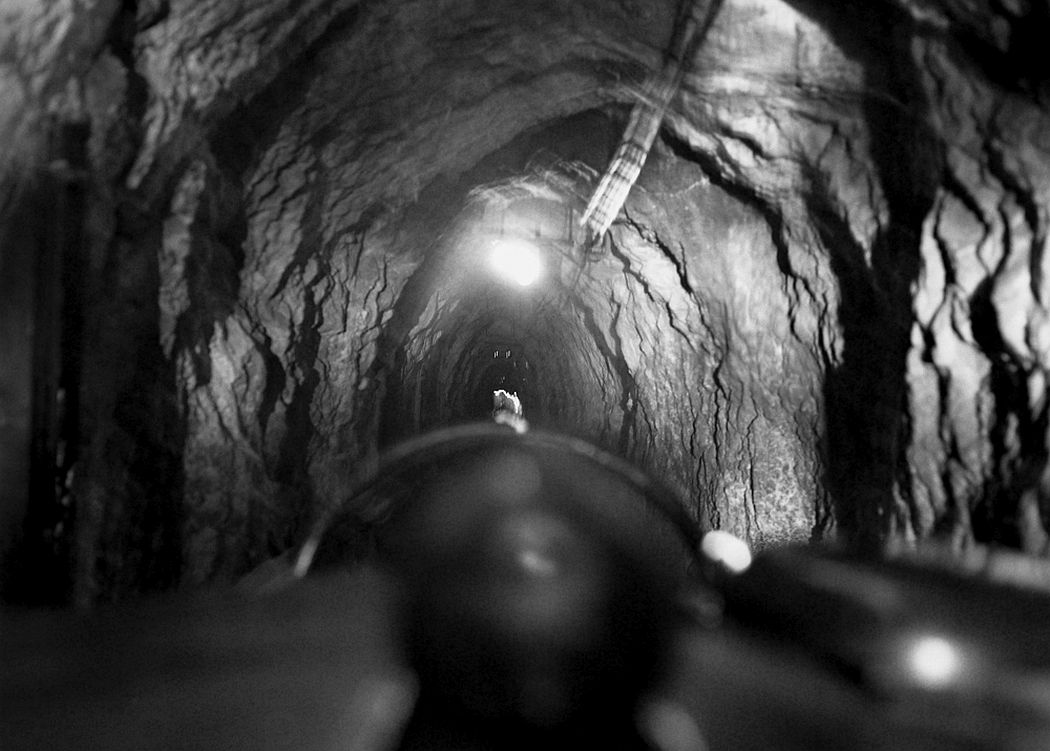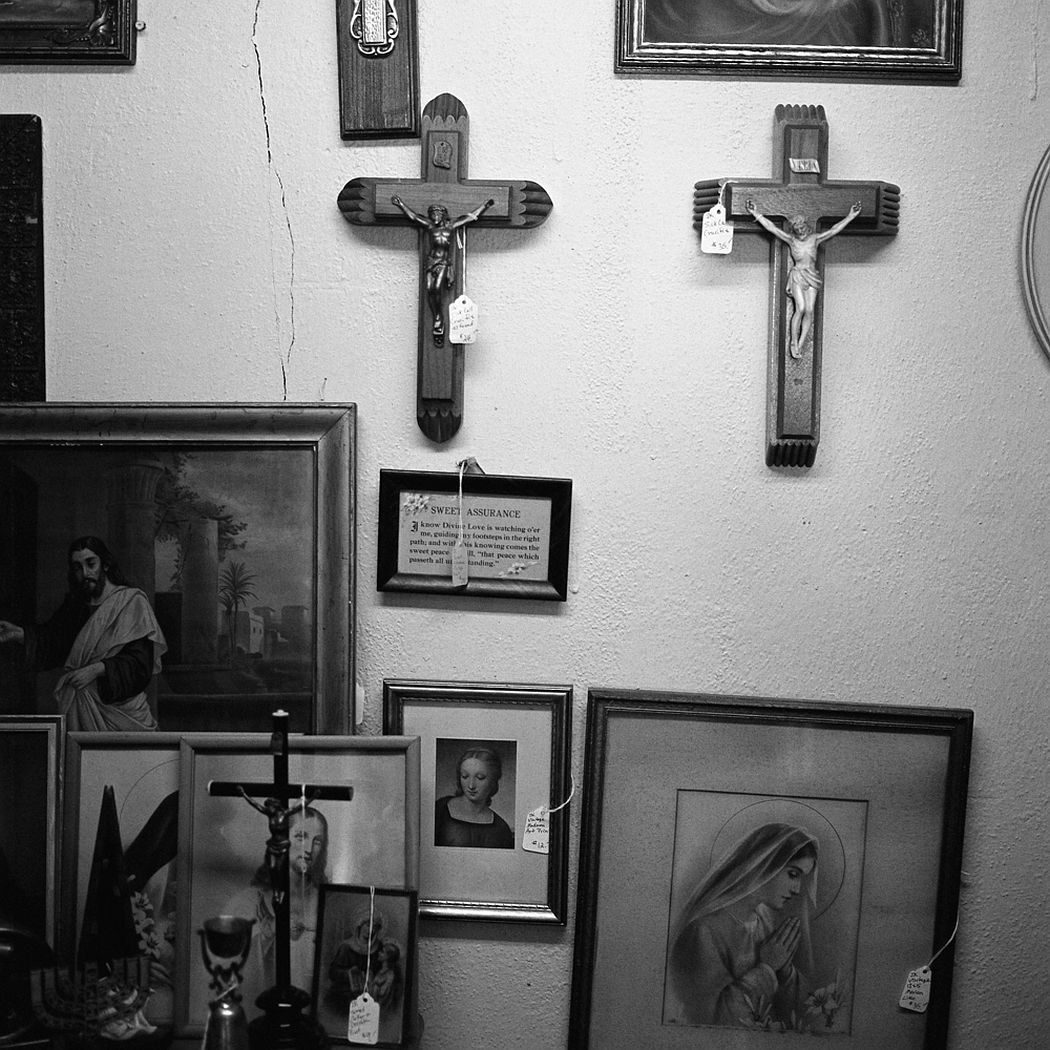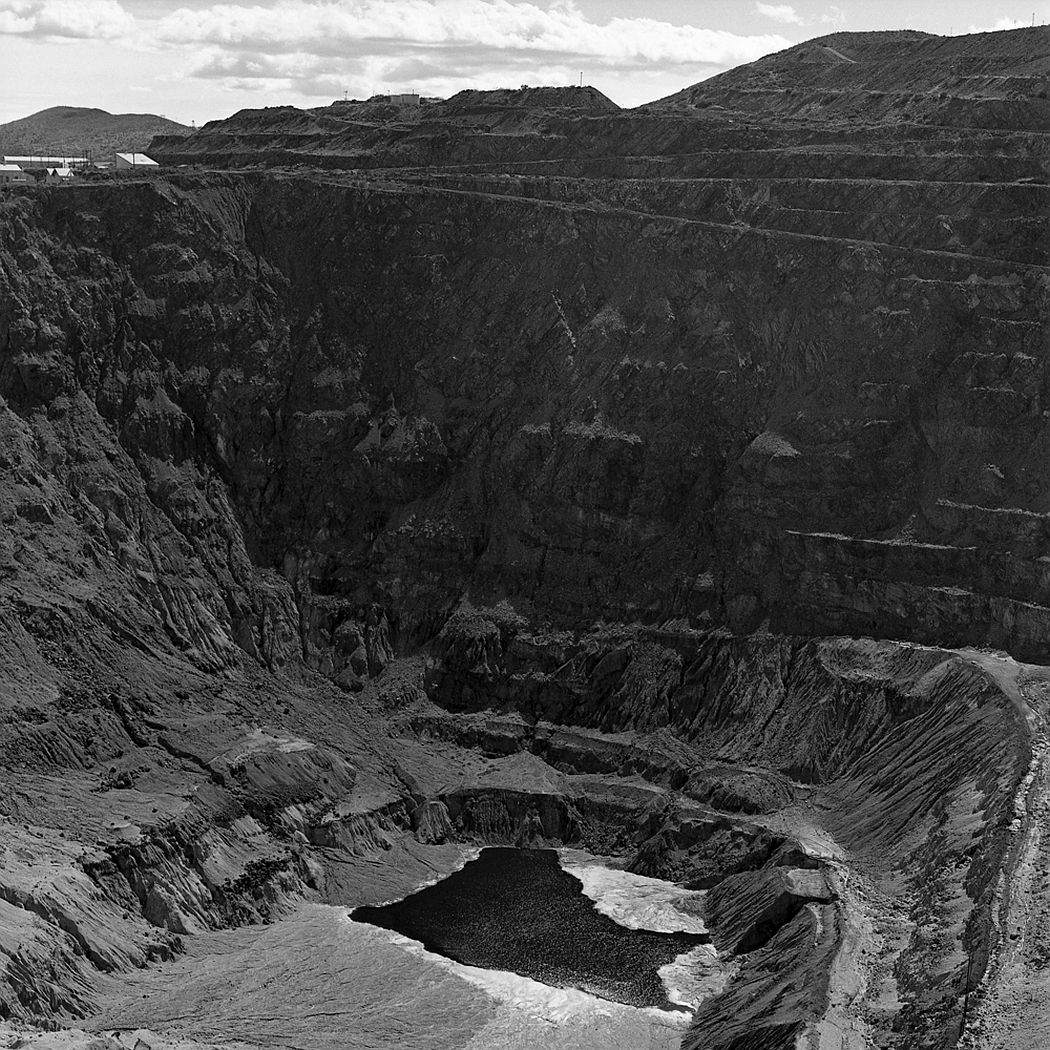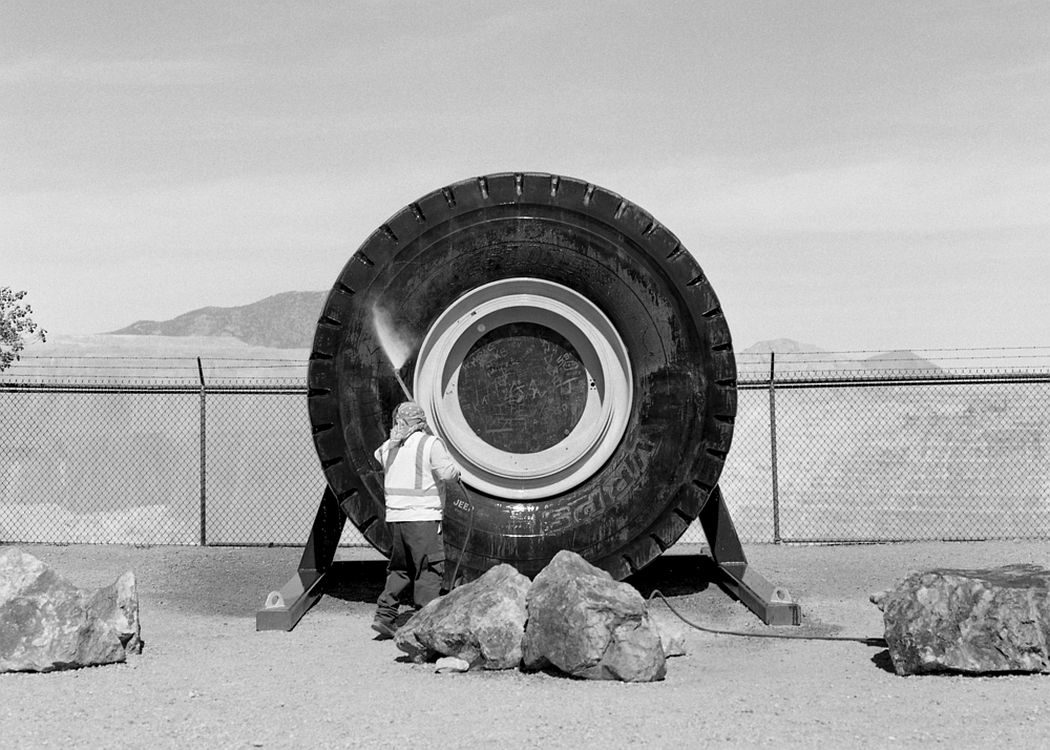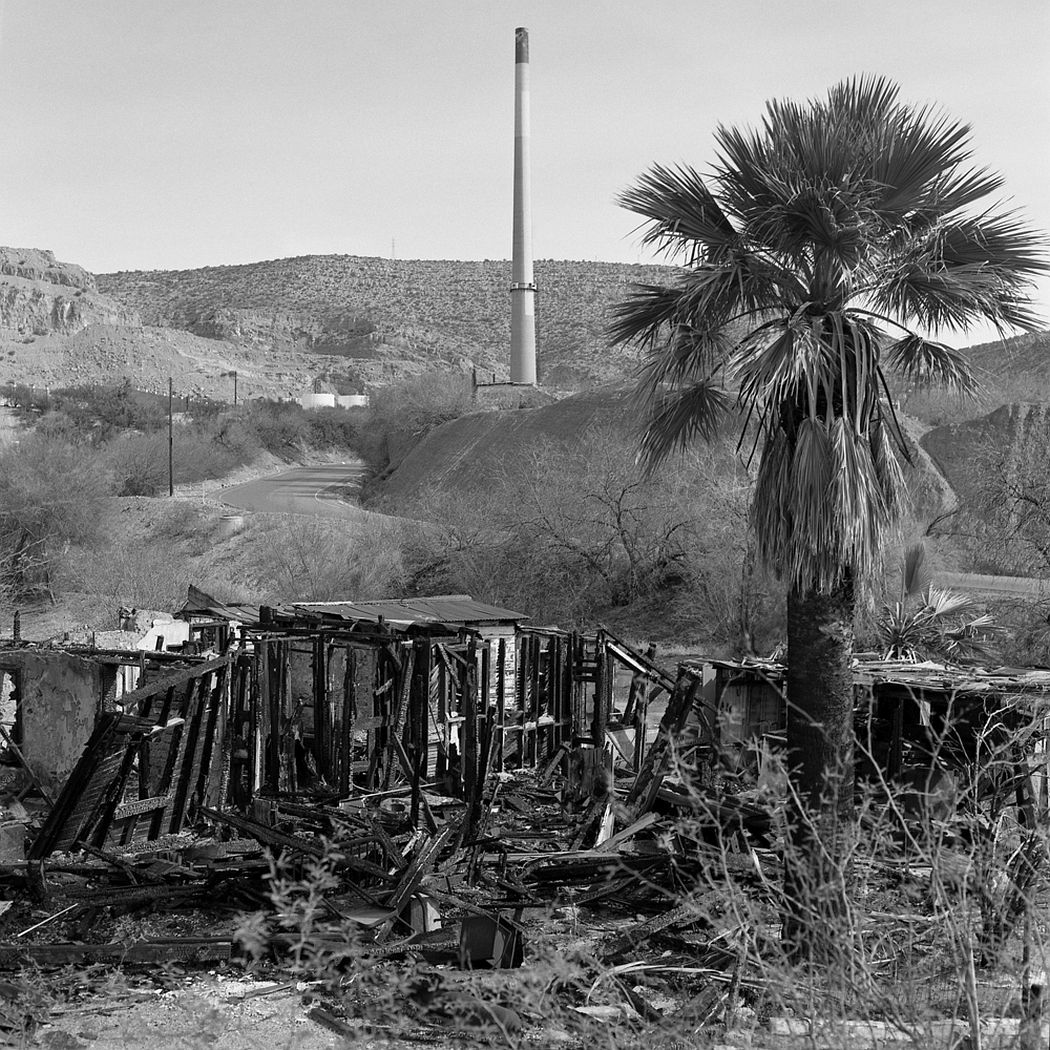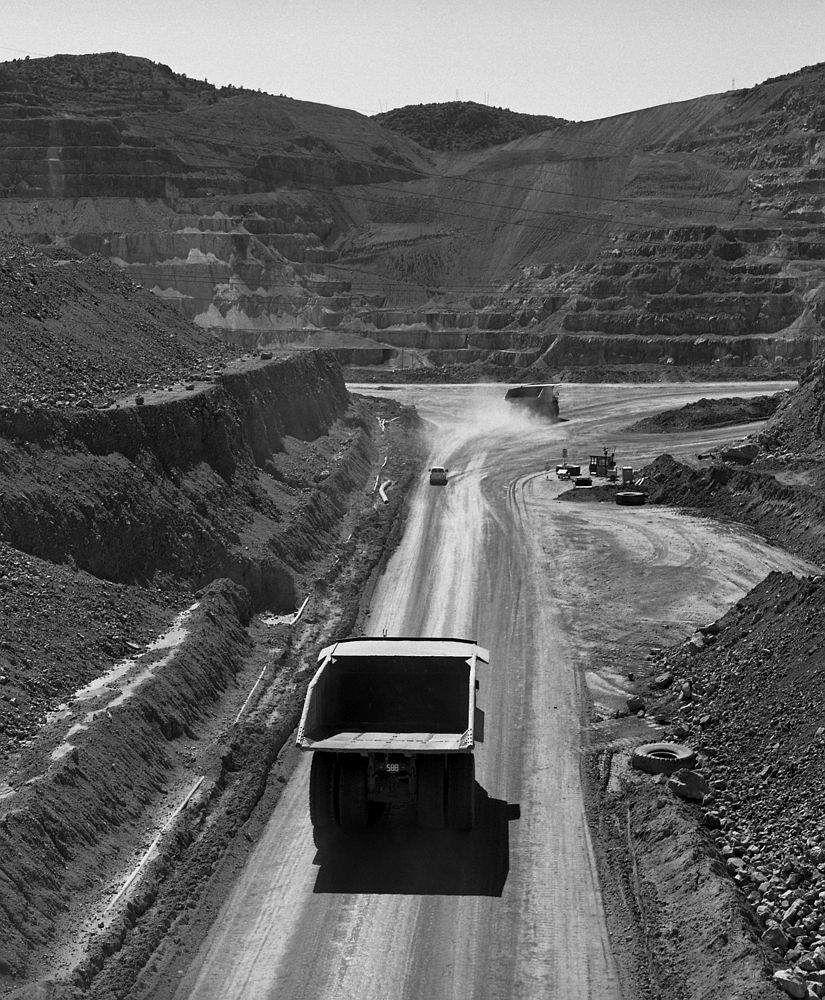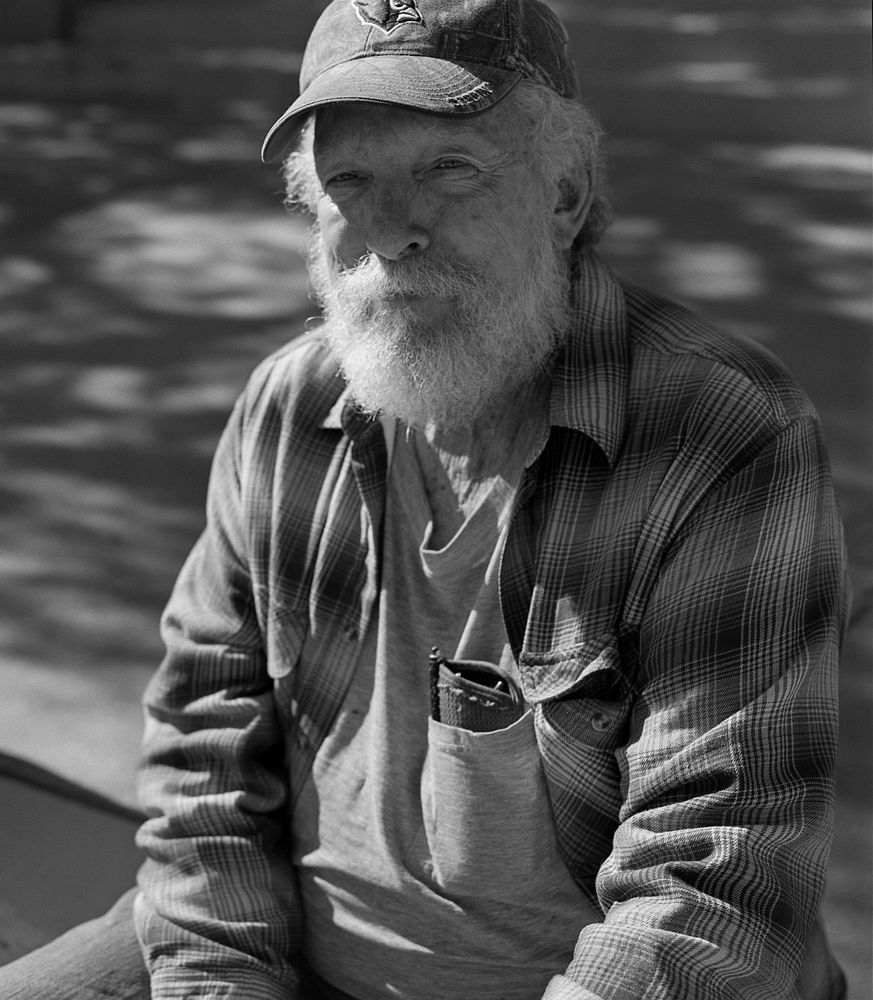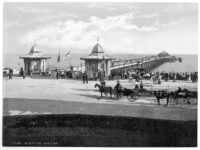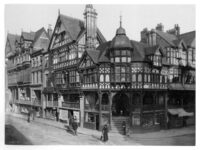William Mark Sommer (b. 1990) is a film photographer from Sacramento, California. Traveling the many back roads through the Western United States for 10 years has let him explore the idea of American Dream. His travels brought him a closer understanding this nostalgic idea of America by seeing history in person and understanding its progressive nature in forgetting the past. Seeing this progression in destruction has empowered him to bring attention and preserve these forgotten places within his photographs. Through these series that confront these ideals he has self-published 10 books and zines, and exhibited over the United States and Internationally. In 2019 he received his BFA in Photography from Arizona State University.
– How and when did you become interested in photography?
Cameras were always around me when I was young, but it wasn’t until I was 16 that they became my chosen medium to create with. Capturing my friends skateboarding and starting my first photography class in high school truly opened my eyes to photography. The comingling of skateboarding and school gave me many competing views on the medium, but in turn gave me a broader view of what you can do with photography, and started my life long love with it.
– Is there any artist/photographer who inspired your art?
I feel mainly inspired by my peers and our conversations about art and photo books. These conversations give me a different perspective outside my own head when viewing other people’s work. I love when a friend finds interest in a work that I might have over looked or not liked on first glance, and tells me what they find interesting about it. Looking at work and talking with others is where I find true inspiration.
Thinking of artists I have really enjoyed books by: Alec Soth, Mike Brodie, Stephanie Moshammer, Ed Templeton, Jordan Sullivan, Steve Fitch, Jim Goldberg and Bryan Schutmaat.
– Why do you work in black and white rather than colour?
I feel both have their place for me, but certain projects call to using one process over another. I feel that color will sometimes get in the way of telling a story or presenting an idea. Using black and white film it makes me think about what I want to say with every photo. With the digital revolution it became too easy to switch back and forth between the two with a slide of a bar, but I feel with shooting film it limits the means of creation bringing me closer to my project.
– How much preparation do you put into taking a photograph/series of photographs?
Most of my projects have come to me working in the field on other projects. Creating “Dusted”, started as me visiting mining towns working on another project where I was seeking out historical abandoned structures, but I quickly became transfixed on the life within these modern ghost towns. When thinking of how I shoot, I function with more of an intuitive style of shooting when I start a project, then move into planning out specific places I need to go or photos I need to get. Working in the field I like to spend as much time as possible within a place walking the streets and speaking with people I come across, this leads to making notes and constructing photo ideas along the way, but I always keep an eye out for the miracle moments of life.
All “Dusted” and the majority of my work is shot with a Hasselbald 500 c/m with Kodak films and developed in Kodak chemicals.
– Where is your photography going? What projects would you like to accomplish?
There are so many things I still have to do with my photography, 13 years in and I still feel I have only started. Right now I’m working on a few different books projects that I’ll be releasing over the next couple of years. These books are a collection of my years of working on the road across the Southwest United States and showcase the history that has been forgotten by the general public. After these books, I still feel I have many stories to tell and places to see.
I hope to inspire people to get out of their houses and see the world around them; whether that is the city or town you live in, or taking an extended trip to see what other cultures experience. I think it’s important to view the world outside our devises.
Websites:
https://www.williammarksommer.com/
https://www.instagram.com/williammarksommer/

